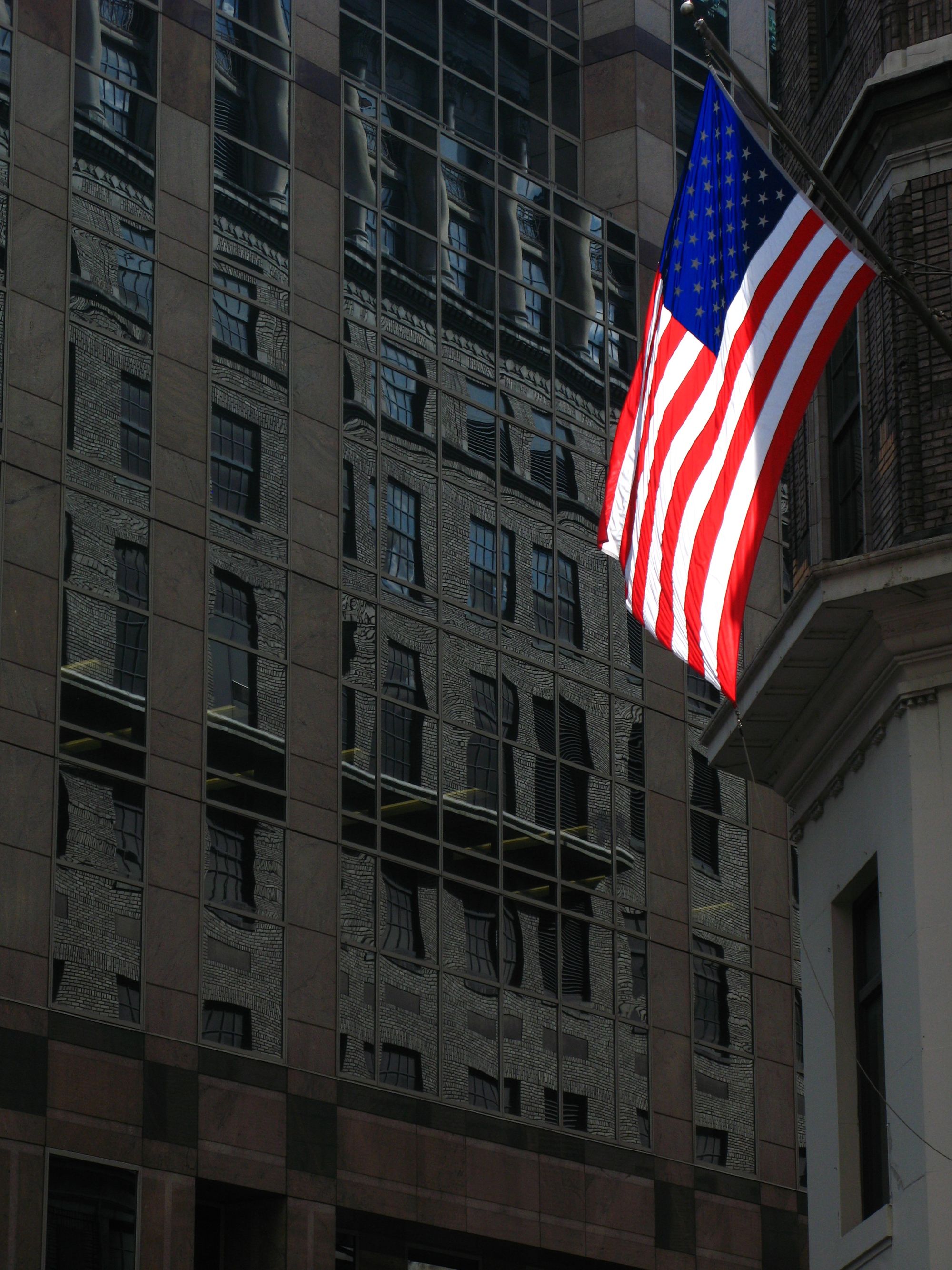A Recession Is Better Than Inflation
The Federal Reserve has been boosting its key interest rate in an attempt to contain inflation and chill the housing market and the broader economy, but it's a delicate dance. No one knows the extent to which higher rates could cool inflation and some investors are concerned that if the Fed raises rates too quickly or by too much, the economy may enter a recession.
- The Federal Reserve increased interest rates by 0.75 percentage point on Wednesday, the largest increase since 1994
- Mortgage rates in the United States have risen to their highest levels in more than a decade, the latest hint of market turmoil linked to the Federal Reserve's anti-inflation program.
- According to Freddie Mac, the average rate on a 30-year fixed-rate mortgage has risen to 5.8%, the highest level since November 2008 and much above the 3.1% recorded at the start of the year
According to Freddie Mac, this is the greatest weekly increase since 1987. It is likely to add to the pressure on home prices in the United States, which have remained solid despite rising interest rates and falling affordability.
Inflation Is Here To Stay
The present inflationary wave has various reasons, many of which are tied to the pandemic. Amongst other factors, consumers have been flooded with savings from government stimulus programs and are now rushing back to spend on services, travel and leisure.
- Supply-chain problems have persisted throughout the global economy, with Russia's invasion of Ukraine and China's Covid-19 handling adding to the strains
- Energy costs have risen dramatically, propelling gasoline to fresh highs. Truck drivers, seaport slots, and storage space are all in short supply, resulting in costly delays and escalating freight charges
At the same time, the job market hasn't fully recovered yet as the workforce participation rate is still well below its pre-pandemic levels and far below it pre-2000 levels. All the while, those participating in the job market are demanding wage hikes and the Federal Reserve's low interest rates have made borrowing less expensive, making large purchases more appealing.
The Fed is now working quickly to make borrowing more expensive by raising rates, which is the central bank's major tool. But will it work out? Or will the economy go from highly inflationary to badly recessionary?
BENCHMARK'S TAKE
- The current inflationary environment is driven by persistent supply chain issues which fail to resolve themselves as China doubles down on its (failed) Covid policy and the war in Ukraine is pushing up energy prices
- At the same time, the economy is hit by labour shortages as more than 47 million workers quit their job in the U.S. in 2021 only
"In 2021, more than 47 million workers quit their jobs, many of whom were in search of an improved work-life balance and flexibility, increased compensation, and a strong company culture." by Stephanie Ferguson for the U.S. Chamber of Commerce
- Many of these are now working again. But the problem is that employees are now shunning some industries (e.g. the ones that require an in-person presence and rigid working schedules) and it will be hard for some businesses (e.g. in the retail, leisure and manufacturing sectors) to win back workers
Disclaimer
Please note that this article does not constitute investment advice in any form. This article is not a research report and is not intended to serve as the basis for any investment decision. All investments involve risk and the past performance of a security or financial product does not guarantee future returns. Investors have to conduct their own research before conducting any transaction. There is always the risk of losing parts or all of your money when you invest in securities or other financial products.
Credits






